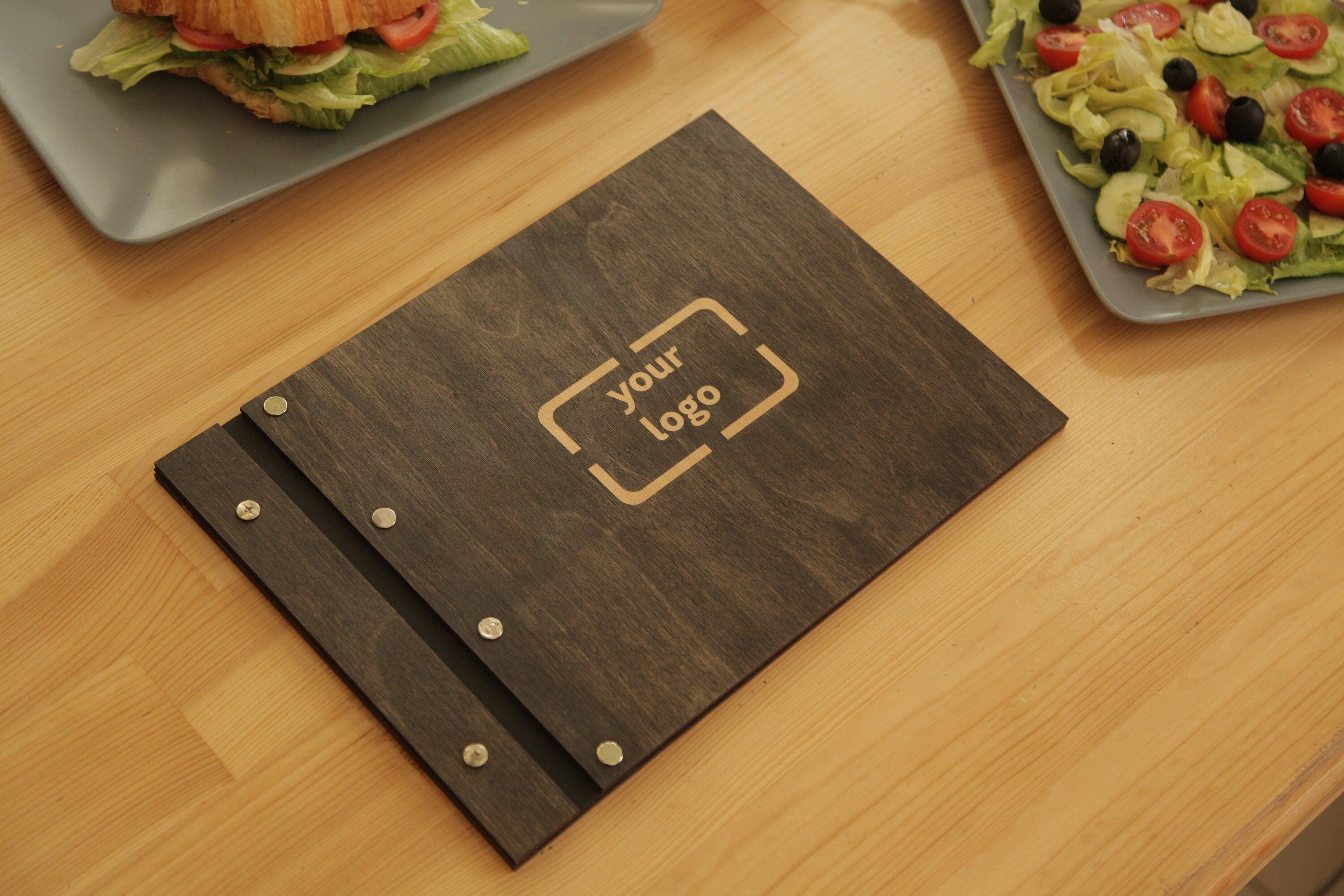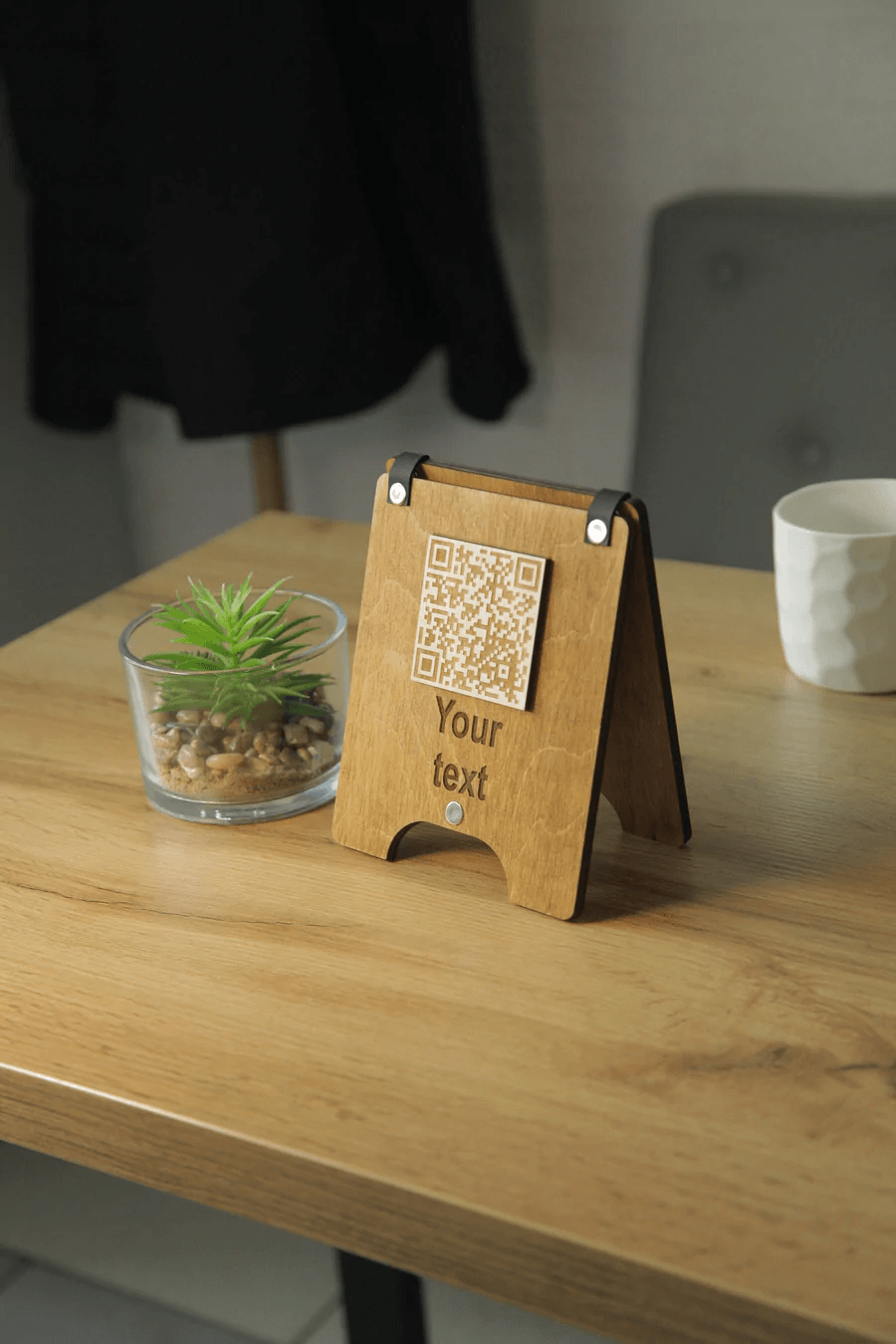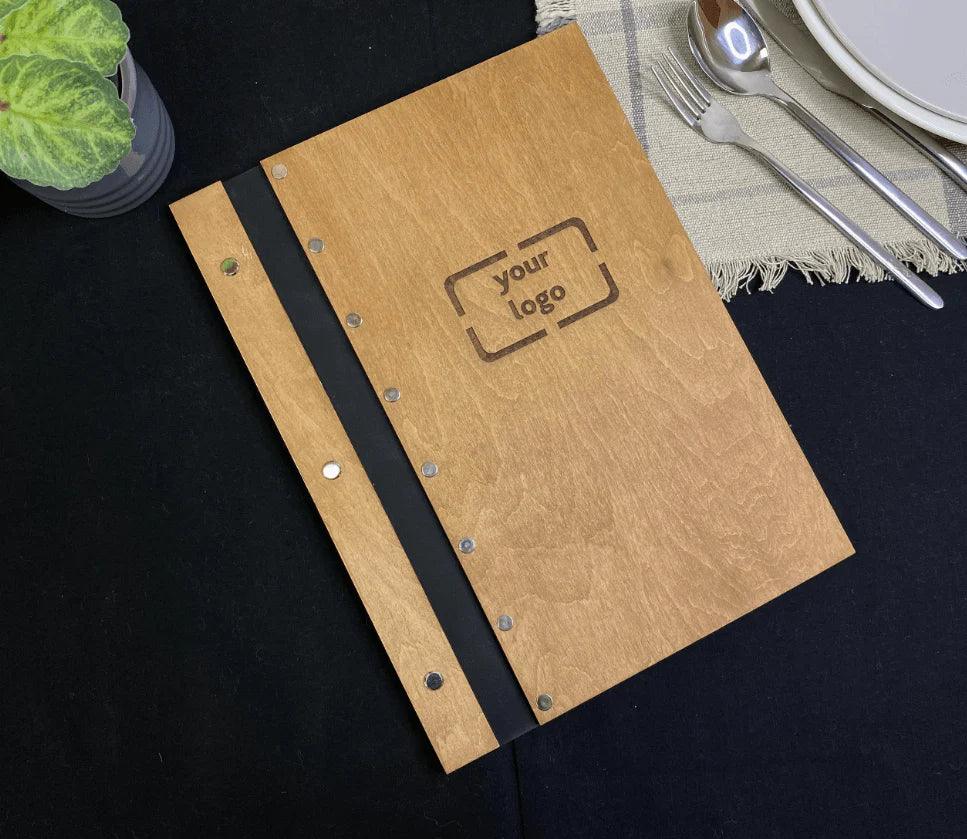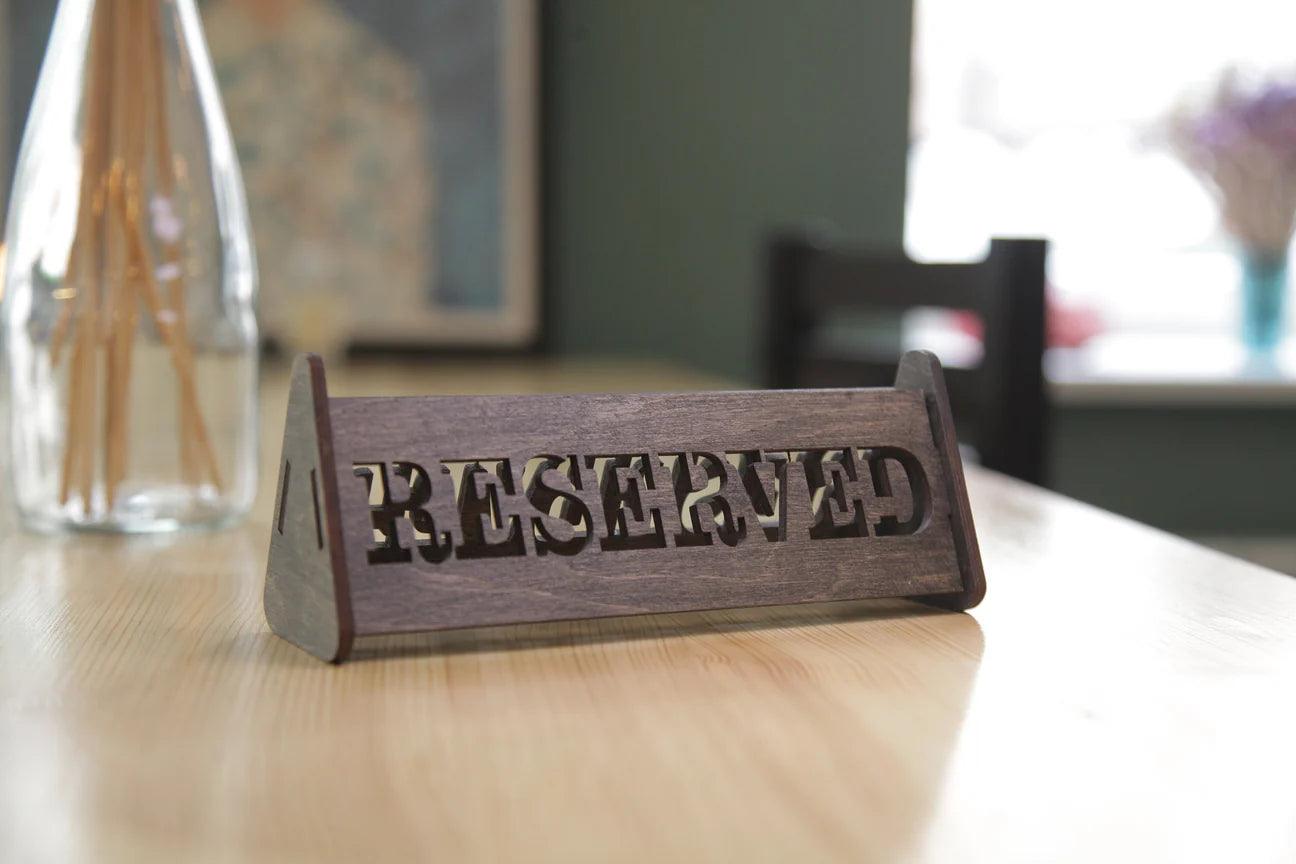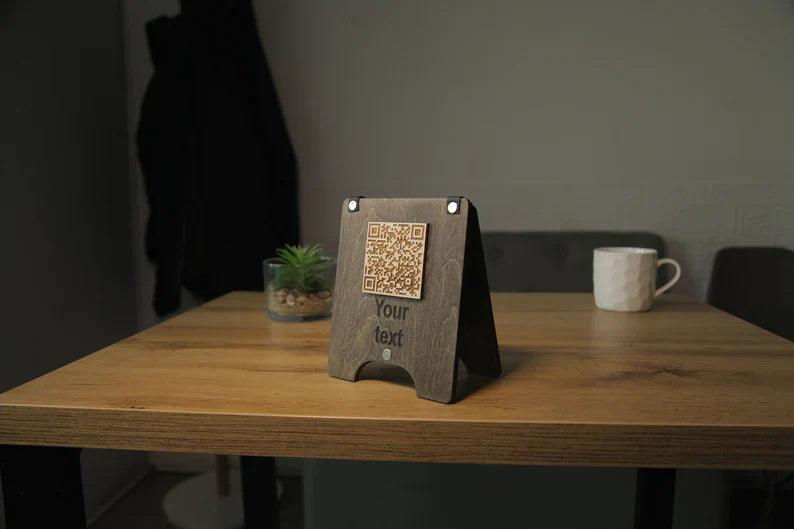
Key Server Resume Skills for Success in the Restaurant Industry
Great restaurant service doesn't happen by accident. You need the right people with the right abilities. Sure, good food matters. Atmosphere counts too. But servers make or break the experience.
Building a solid service team goes way beyond filling empty spots. The best servers handle multiple tasks while making everything look easy. Smart owners know to look for both technical know-how and social skills when hiring.
Strong service translates to real money. Great servers boost check totals, bring people back, and create buzz. They read customers, solve problems fast, and make each visit feel special.
Too many places make the same hiring mistake. They think years of experience equals quality. Wrong. Ten years of bad habits doesn't make someone good. Look at what candidates actually accomplish, not how long they've been doing it.
Bad hiring decisions cost serious money. Training someone who doesn't work out hurts. Constant turnover kills morale. Get the hiring right from the start, and everything else gets easier.

Key Takeaways
- Technical skills must pair with people skills for truly effective servers
- Specific examples beat vague experience claims every time
- Real shifts reveal more than any interview can
- Good hiring saves money and headaches down the road
- Watch for red flags like job-hopping and empty skill descriptions
Essential Hard Skills for a Server Resume
Servers need concrete skills that keep things running smoothly. These aren't suggestions-they're requirements for anyone serious about food service.
Food and Drink Knowledge
Knowledgeable servers make dining better. Knowing ingredients, cooking methods, and allergens helps answer customer questions confidently. A server who suggests wine pairings or modifies dishes for dietary needs brings real value.
This knowledge shows immediately. Guests notice when servers understand what they're serving. It builds trust and encourages people to try new things.
POS Systems and Order Management
Every restaurant runs on technology now. Servers must handle different systems without slowing down service. Quick order entry, easy modifications, smooth payment processing-these skills prevent mistakes and keep kitchens happy.
Watch how candidates talk about technology. Do they seem comfortable or nervous? This matters more than you might think.
Cash and Payment Processing
Money handling can't have mistakes. Credit cards, cash transactions, drawer balancing-accuracy matters every single time. Payment errors create problems with customers and management.
Look for experience with different payment types. Fraud awareness helps too. These details show professionalism.
Safety and Health Standards
Food safety isn't optional. Proper handling, sanitation awareness, cross-contamination prevention-servers need this knowledge. Health violations can shut restaurants down. One careless server creates huge risks.
Certifications help, but practical understanding matters more. Ask specific questions about safety procedures during interviews.
Personal Organization Systems
Top servers develop their own methods for staying organized. Digital tools, server books, mental systems-whatever works. The key is consistency under pressure.
During busy shifts, organization makes the difference between smooth service and chaos. Good server qualities make it look natural.
Key Soft Skills for a Successful Server
Anyone can learn to use a register. Not everyone can read a room or calm an angry customer. These interpersonal abilities create the experiences people remember.
Reading Customers and Adapting
Great servers adjust their approach based on each table. Some guests want chatty service. Others prefer efficiency. Reading these cues correctly makes all the difference.
This skill can't really be taught. Either someone has it or they don't. Watch for it during interviews-how do candidates adjust when talking to different people?
Managing Pressure and Multiple Tasks
Restaurant rushes test everyone. Servers must stay calm while juggling orders, requests, and problems. The best ones anticipate issues before they explode.
Ask candidates about their worst shifts. How did they handle the chaos? Their answers reveal a lot about their abilities.
Spotting Details and Solving Problems
Small observations lead to big improvements in service. Noticing a regular's changed preferences, catching potential allergy issues, remembering special requests-these details matter.
Problem-solving happens constantly in restaurants. Equipment breaks, orders get mixed up, customers complain. Quick thinking prevents small issues from becoming disasters.
Working with Teams
Restaurants succeed through teamwork. Servers help each other, communicate with kitchens, and support the whole operation. Individual stars who can't collaborate often cause more problems than they solve.
During working interviews, watch how candidates interact with current staff. Natural teamwork shows up immediately.

How to Highlight Server Skills on Your Resume
Your resume needs to tell a story about results, not just list job duties. Employers want to see what you accomplished, not what you were supposed to do.
Show Real Numbers
Instead of "provided good customer service," write "maintained 4.8-star rating across 200+ monthly reviews." Numbers prove your claims. They also help employers picture your potential impact.
Think about your best shifts, highest sales, customer compliments. Turn these into measurable achievements that stand out.
Display Relevant Training
Certifications show commitment to learning. Food safety training, alcohol service permits, hospitality courses-list them prominently. Specialized knowledge like wine service or allergen handling can set you apart.
Keep learning. New certifications show growth and dedication to the profession.
Choose Strong Action Words
Start descriptions with verbs that show competence. "Coordinated," "resolved," "implemented," "increased"-these words create impact. Avoid passive language that makes you sound uninvolved.
Your resume should sound confident and results-focused. Weak language suggests weak performance.
Match Skills to the Job
Research each restaurant before applying. Fine dining values wine knowledge and formal service. Casual spots want efficiency and friendliness. Adjust your emphasis accordingly.
This targeted approach shows you understand their needs. Generic applications suggest you don't really care about their specific situation. Professional establishments often showcase their attention to detail through quality menu covers from companies like KyivWorkshop.
Ways to Develop and Improve Server Qualities
Good server qualities keep getting better. Industry changes, customer expectations evolve, new systems emerge. Staying current separates career professionals from job-hoppers. Continuously developing server resume skills ensures long-term career growth and better earning potential.
Get Certified and Stay Current
Food safety, alcohol service, hospitality management-these credentials matter. They show professionalism and open doors to better positions. Many employers reimburse training costs too.
Don't stop at basic requirements. Advanced certifications in wine, spirits, or cuisine specialties can significantly boost earning potential. These specialized server resume skills often command higher wages and better positions.
Learn from the Best
Shadow top performers during different shifts. Notice their timing, customer interactions, and problem-solving approaches. This mentorship provides insights no classroom can match.
Ask questions. Most experienced servers enjoy sharing knowledge with people who genuinely want to improve.
Master Menu Knowledge
Know every dish, ingredient, and preparation method. Understand wine selections and cocktail recipes. Learn about common allergies and dietary restrictions. This knowledge enables confident recommendations.
Attend staff tastings when possible. Try new menu items so you can describe them accurately. First-hand experience makes all the difference in your recommendations.
Seek Feedback Regularly
Ask managers, coworkers, and trusted customers for honest input. Constructive criticism helps identify blind spots and confirms strengths. Use this feedback to set specific improvement goals.
Track your progress over time. Regular self-assessment keeps you growing professionally.
Cross-Train in Other Areas
Learn hosting, bartending, or food running. Understanding different roles improves your effectiveness as a server. It also creates advancement opportunities within the restaurant.
Broader knowledge makes you more valuable and gives you backup options if server positions become scarce.

Mistakes When Listing Skills and How to Avoid Them
Common errors can torpedo even qualified candidates. Knowing these pitfalls helps create applications that actually get read and remembered.
Using Empty Descriptions
"Customer service" and "teamwork" tell employers nothing useful. Everyone claims these skills. Instead, describe specific situations where you demonstrated them successfully.
"Resolved billing disputes by implementing clear communication strategies, achieving 95% satisfaction rate" tells a real story about your abilities.
Claiming Expertise You Don't Have
Stretching the truth about skill levels backfires quickly. Interviews expose exaggerations, and jobs reveal them even faster. Be honest about your current abilities while emphasizing eagerness to learn.
Employers often prefer humble learners over overconfident braggarts. Teachable attitudes usually beat inflated egos.
Ignoring Keywords from Job Posts
Many restaurants use software that scans resumes for specific terms. Missing these keywords means your application might never reach human eyes. Study job descriptions and incorporate relevant terms naturally.
Avoid obvious keyword stuffing though. Your resume still needs to read naturally and make sense.
Listing Duties Instead of Results
Job descriptions bore employers. They want to see what you achieved, not what you were assigned. Transform "took orders and served food" into "managed 8-table sections while maintaining 99% order accuracy."
Focus on your impact on restaurant success. How did you contribute to sales, efficiency, or customer satisfaction?
Separating Skills from Context
Soft skills work best when integrated into work experience descriptions. Instead of listing "communication skills" separately, show how you used communication to solve specific problems or improve service.
This integration demonstrates practical application rather than theoretical knowledge. Employers care more about real-world results than abstract abilities, especially in settings that prioritize excellent guest service.


